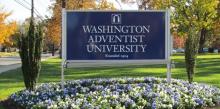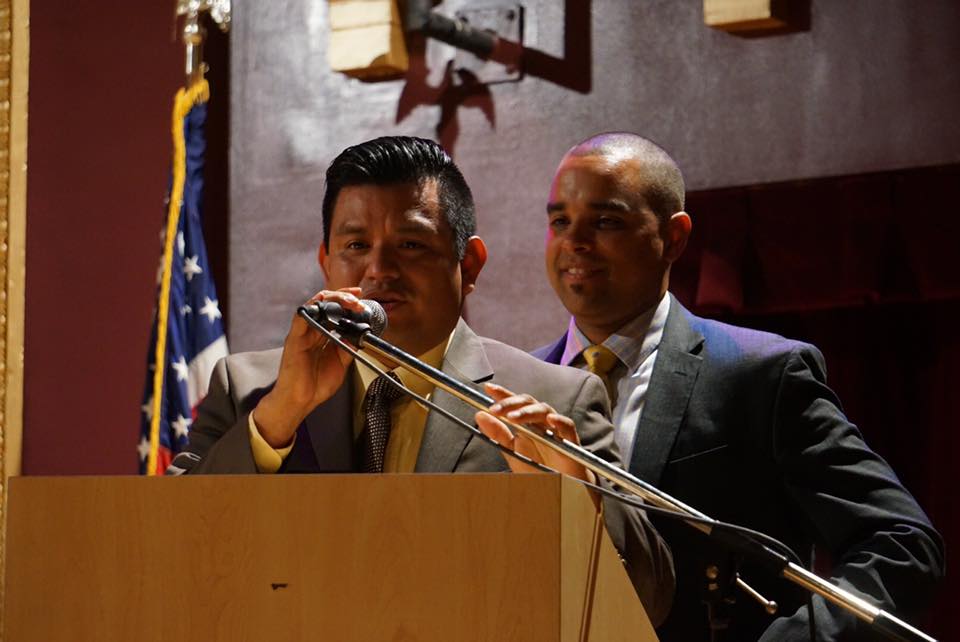 WAU senior Heather Alas, a dual major in Business Administration Finance Emphasis and Business Administration Marketing Emphasis, is the new student president of Enactus (2016-2017). This past month she talked to the Visitor about Enactus, and what being a member means to her.
WAU senior Heather Alas, a dual major in Business Administration Finance Emphasis and Business Administration Marketing Emphasis, is the new student president of Enactus (2016-2017). This past month she talked to the Visitor about Enactus, and what being a member means to her.
Visitor: How long have you been a member of Enactus?
Alas: I've been a part of Enactus WAU since my freshman year, 2013. This year I am the student president of our team. I am looking forward to enhancing my leadership skills with the team, and building new bridges with the community.
What are you looking forward to most?






 Historia de V. Michelle Bernard
Historia de V. Michelle Bernard